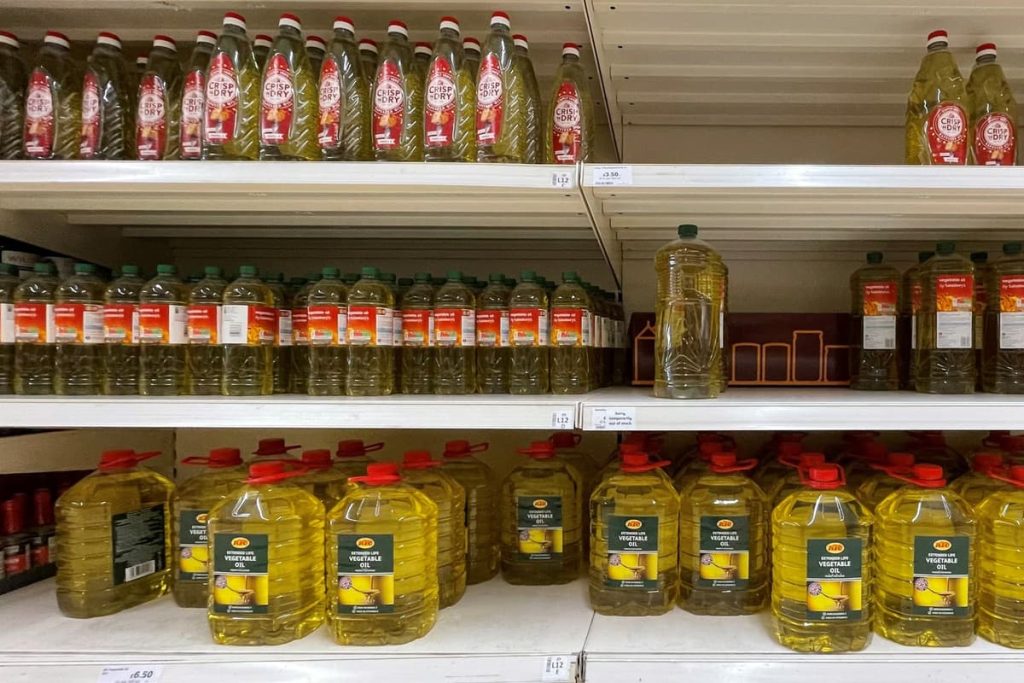A recent study conducted by the US government suggests that the widespread use of cooking oils in highly processed Western diets may be contributing to an increase in colon cancer cases.
The study, published in the medical journal Gut, discovered that unhealthy seed oils, such as those from sunflower, grapeseed, canola, and corn, may cause the body to experience chronic inflammation.
There hasn’t been any solid proof yet that cooking oil causes colon cancer until now.
The study examined 81 cancer samples from patients between the ages of 30 and 85, and found that the tumours’ oil-derived lipid content was higher than that of the healthier fats.
These fats are known to exacerbate inflammation, promote the formation of tumours, and hinder the body’s defences against cancer.
The results, according to physician-scientist Dr Timothy Yeatman, underscored the urgent need to reconsider some components of the Western diet, such as chemicals, inflammatory seed oils, ultra-processed foods, saturated fats, and added sweets.
He said: “It is well known that patients with unhealthy diets have increased inflammation in their bodies,” said Dr Yeatman.
“We now see this inflammation in the colon tumours themselves, and cancer is like a chronic wound that won’t heal – if your body is living off daily ultra-processed foods, its ability to heal that wound decreases due to the inflammation and suppression of the immune system that ultimately allows the cancer to grow.”
That said, leading US health institutes have highlighted that there is no evidence linking moderate consumption of seed oils as part of a balanced diet to cancer.
Any cancer that develops in the large gut, including the colon and rectum, is referred to as bowel cancer.
According to the NHS, colon cancer is one of the most common types of cancer in the UK.
Early detection of colon cancer through screening may make treatment simpler.
Although the exact origin of bowel cancer is unknown, environmental factors, lifestyle choices, and genetic alterations may all be involved. Bowel cancer risk may also be increased by specific medical disorders.
You’re more likely to develop bowel cancer if you’re over 50, smoke or are overweight.
The NHS suggests following a healthy diet and staying active in order to reduce your risks of bowel cancer.
In terms of treatment, surgery, chemotherapy, radiotherapy, and targeted medications are some of the many options.
What types of cooking oil can I use?
Cooking oils can be healthy. They can contain nutrients that the body needs large amounts of for energy and to help maintain its systems.
According to the researchers who released the American study, oils high in omega-3 fatty acids, which are present in avocados and olives, are a healthier substitute to seed oils.
That isn’t to say sunflower oil is terrible for you. It is low in saturated fat and high in two types of fatty acids.
However, sunflower oil, like many seed oils, contains omega-6 fatty acids and consuming foods that are excessively high in the nutrient can lead to increased inflammation.

